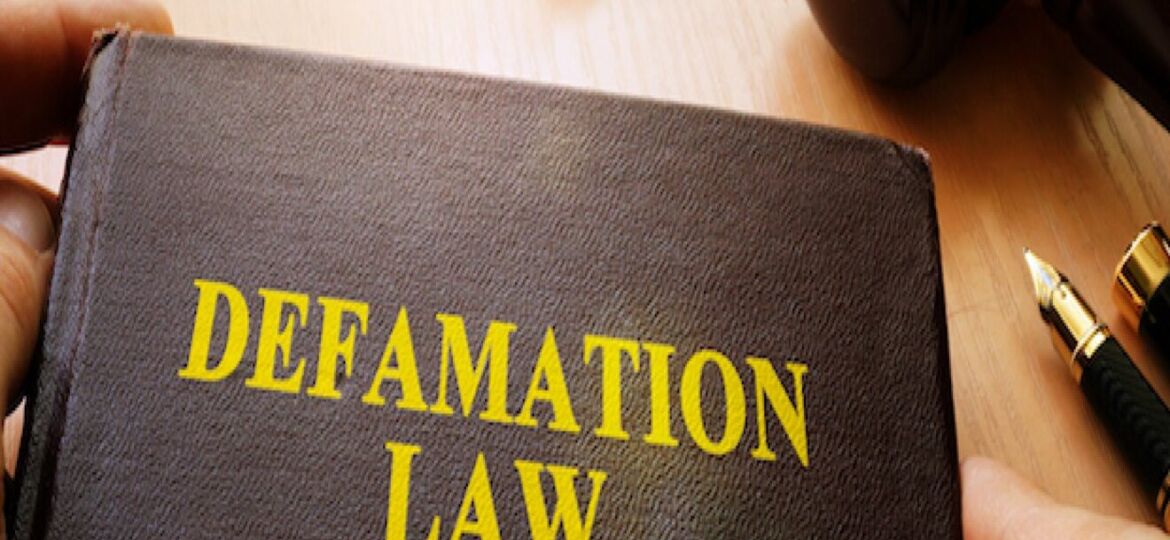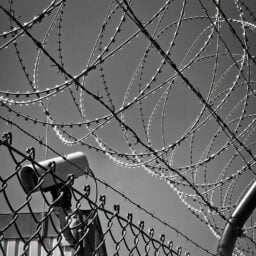
‘Defamation – A Reasonable Restriction on the Right to Freedom of Speech and Expression: An Analysis of MJ Akbar v. Priya Ramani Judgement’
INTRODUCTION
Article 19(1)(a) of the Constitution of India guarantees the fundamental right to freedom of speech and expression to all citizens of India.[1] It is undeniably a non-negotiable right in a democratic society. In fact, it is the underlying foundation of a democratic society that makes it possible for people to formulate their independent views and exercise their socio-political rights in an informed manner.[2] However, it is not an absolute right that can be exercised arbitrarily and whimsically. It comes with a set of “reasonable restrictions” as enumerated under Article 19(2) to ensure that while exercising the right, one does not overstep the equal right of his fellow beings. Thus, the right can be curtailed in instances where it adversely impacts the sovereignty and integrity of India, the security of the State, its friendly relations with foreign States, or amounts to disruption of public order, decency, or morality or results in contempt of court, defamation or incitement to an offence.[3] This compels individuals to avail this right thoughtfully, keeping all the limitations in mind.
Unfortunately, off late, the right to free speech remains one of the most frequently denied guarantees among fundamental rights. Over the last few years, India has witnessed a sharp rise in the number of instances where individuals have been wrongly accused of violating the limitations to this right. There are several instances where people have been arrested on grounds of sedition, hurting religious sentiments, disrupting public order, creating communal tensions, spreading hate speech, and the like for merely exercising their right. The cases of Disha Ravi and Munawar Faruqui validate the same. Ironically, the article which talks elaborately of freedom is the same one used to restrain individuals under the pretext of reasonable restrictions even when they have been honored. It is egregious to see international organizations like the US-based NGO Freedom House downgrade India’s status from ‘Free’ to ‘Partly free’ in the Freedom in the World report, 2021. Sweden’s V-Dem Institute in its Democracy Report 2021 labelled India as an ‘electoral autocracy’.
Defamation is one such reasonable restriction imposed on Article 19(1)(a). It has been defined under Sec. 499 of Chapter XXI of the Indian Penal Code (IPC), 1860. It may be either a civil charge or a criminal charge under the IPC. The aforementioned provisions are protected under Article 19(2) of the Constitution of India since the right under Article 19(1)(a) needs to be balanced with Article 21 and reputation being an inherent component of the latter cannot be dishonored solely to ensure another individual his freedom.[4] It has got a total of ten exceptions which can be used as a defence when a person is accused of defamation. Sometimes it is used against individuals to deny their right to freedom of speech and expression.[5] The recent case of MJ Akbar v. Priya Ramani[6] validates the statement.
FACTS AND CONTENTIONS
This was a case of criminal defamation against the journalist, Priya Ramani, who had accused MJ Akbar, the former Union Minister of State for External Affairs and veteran journalist, of sexual harassment. Akbar took this step after Ramani posted a tweet in October 2018, naming Akbar as the predator she had mentioned in her previous article titled ‘To the Harvey Weinsteins of the world’ published in Vogue India in October 2017. Akbar accused Ramani of irreparably damaging his stellar reputation by posting scandalous allegations against him by way of tweets and articles on online platforms and circulating them in print media.[7] Senior Advocate Geeta Luthra represented Akbar.
Ramani claimed to be sexually harassed by Akbar during a job interview in December 1993. She alleged that Akbar had asked her to come to the room of the Oberoi Hotel in Mumbai at 7 pm for the interview. On doing as told, he asked her personal questions that made her feel uncomfortable and also behaved inappropriately, which got her concerned about her physical safety. She made a mention of this incident after several years in the above-mentioned article without naming Akbar. When the #MeToo movement in India gained pace in 2018, Ramani named Akbar as the accused in one of her tweets. Ramani contended that the case of criminal defamation filed against her by Akbar was false. She was represented by Senior Advocate Rebecca John. Her counsels pleaded the defence of truth, made in good faith, in the public interest, and for the public good.[8]
JUDGEMENT
On 17th February 2021, Ramani was acquitted by Additional Chief Metropolitan Magistrate Ravindra Kumar Pandey of Delhi’s Rouse Avenue Court. The Court reasoned that:
The woman cannot be punished for raising voice against the sex-abuse on the pretext of criminal complaint of defamation as the right of reputation cannot be protected at the cost of the right of life and dignity of woman as guaranteed in the Indian Constitution under article 21 and right of equality before the law and equal protection of the law as guaranteed under article 14 of the Constitution.[9]
Akbar has filed an appeal challenging the order in the Delhi High Court which will be hearing the same on 5th May 2021.
ANALYSIS
It is an attempt to put across the idea that people considered as respectable persons in society cannot overstep the right to dignity of a woman in the case, she speaks up about her experience of sexual harassment on any platform decades later. This has positive implications for all those who have been victims in the past and decide to go public about it in the present or the future. It has widened the scope of recourse for women who may not be in a position mentally or emotionally to open up about their experiences immediately. Sexual abuse is a bitter truth that we cannot disagree upon. However, what is even more unfortunate is that women are often not aware of being the victims. Even if they know what has happened, they decide to silently suffer the consequent mental trauma for years instead of letting the world know about it. It is not their choice, but a consequence of the social stigma and the shame attached to sex abuse.[10] In such a society, where only a few women actually take steps against the abuser, if every other woman who speaks openly about it or claims to be a victim of it is prohibited from doing so by means of law, it would instill fear in the minds of others to come ahead and bring the perpetrators to the books. It would eventually lead to a miserable condition where the accused escape easily with the help of reasonable restrictions that have a greater purpose to serve and the victims lose their dignity, self-confidence, and struggle for justice till the end of their lives.
CONCLUSION
The first US President, George Washington once said, “If the freedom of speech is taken away then dumb and silent we may be led, like sheep to the slaughter.”– George Washington
Suppression of individuals who dissent or express themselves is not a hallmark of democracy. Rather, it reflects dictatorship and authoritarianism. The judiciary has an undeniably significant role to play in this context. The judgement passed in the aforementioned case has reinforced the right under Article 19(1)(a). It is a crucial progressive development in this sphere and will act as a beacon in preserving the rights of those whose voices are crushed. It is an empowering decision for women across India who struggle with experiences of sexual harassment and dare to raise their voices against it. It has opened a gateway for such women to speak up without fear. Their right is often violated under the pretext of reasonable restrictions like defamation. However, the judgement has aptly given the right its due significance.
Author(s) Name: Khushi Agrawal (CHRIST University, Bengaluru)
[1] INDIA CONST. art. 19, cl. 1(a).
[2] Union of India v. Motion Pictures Assn., (1999) 6 SCC 150.
[3] INDIA CONST. art. 19, cl. 2.
[4] Subramaniam Swamy v. Union of India, (2016) 7 SCC 221.
[5] INDIA CONST. art. 19, cl. 1(a).
[6] Mobasher Jawed Akbar v. Priya Ramani, MANU/OT/0002/2021.
[7] Id. at 31.
[8] Id. at 35.
[9] Id. at 48.
[10] Id. at 47, 48.
















